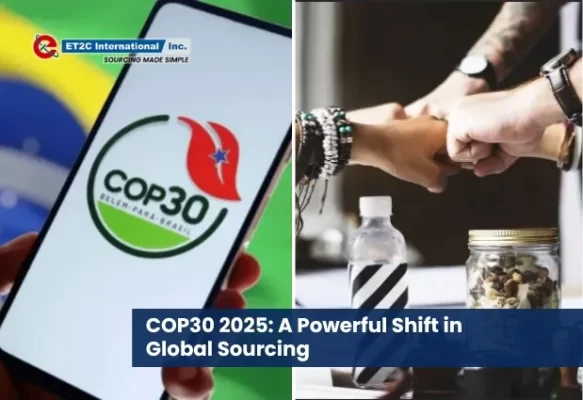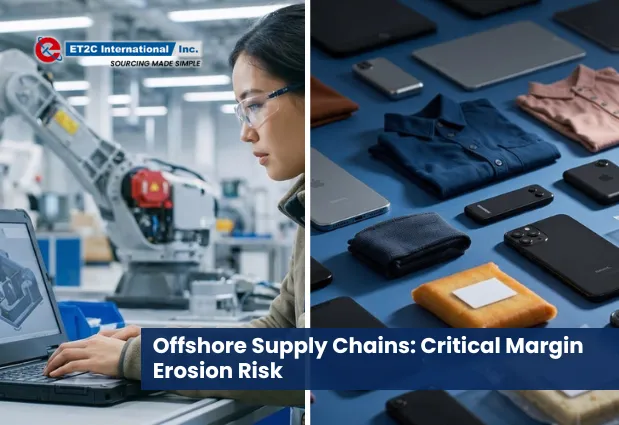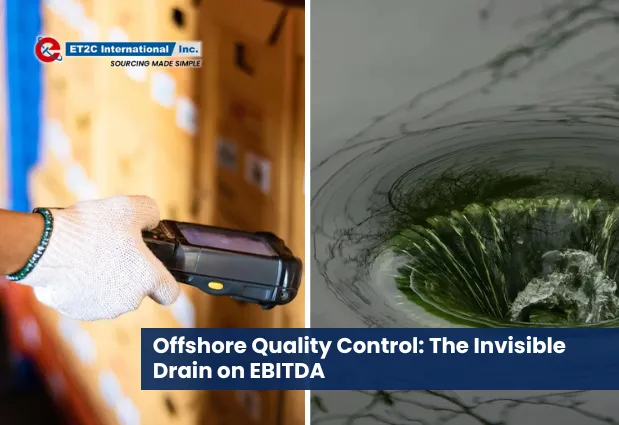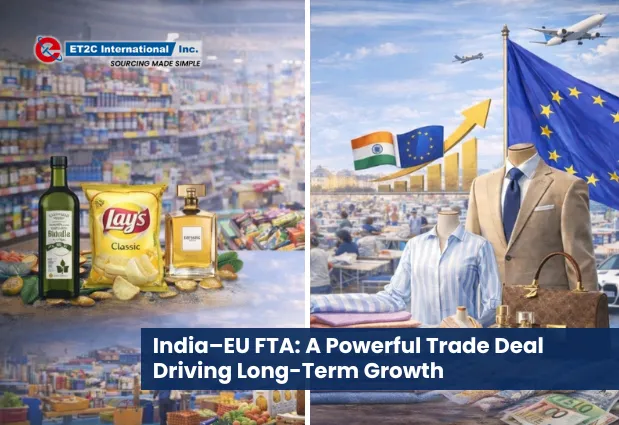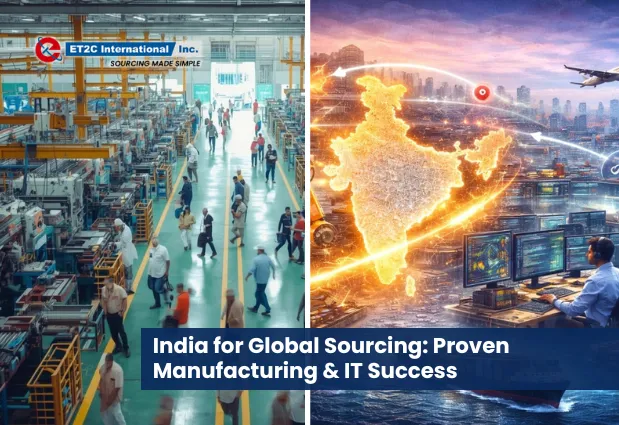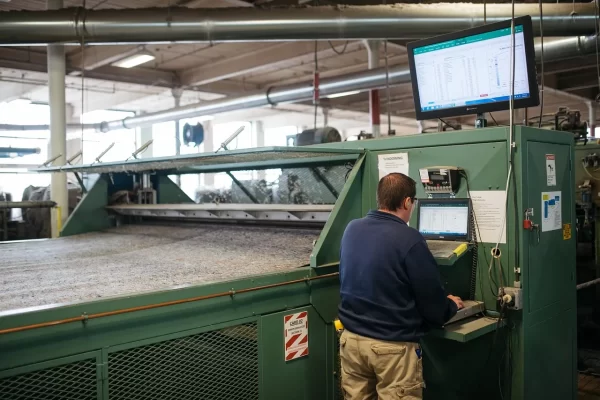COP30 2025: A Defining Moment for Global, Strategic, and Asian Sourcing Leaders
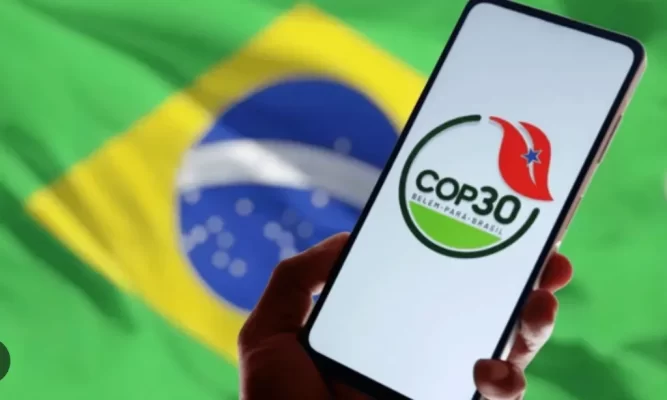
As the world prepares to gather in Belém, Brazil, for COP30 from November 10–21, 2025, another historic climate summit begins—one that marks a decade since the Paris Agreement and stands as a turning point for global business. COP 30 is not just about diplomacy or emissions pledges; it is about execution, accountability, and action.
For professionals in global sourcing and strategic sourcing, this year’s conference represents more than environmental policy—it is a blueprint for the future of supply chains, procurement strategies, and market competitiveness. The decisions made in Belém will shape how businesses worldwide navigate climate risks, manage cost pressures, and redefine resilience in a low-carbon economy.
The Mandate for Climate Action at COP30 has a singular ambition: to close the widening global emissions gap and put the 1.5°C target back within reach. Nations are expected to submit their third round of Nationally Determined Contributions (NDCs), outlining emissions reduction trajectories through 2035. While current pledges still point toward a concerning 2.7°C rise, COP30 aims to secure stronger, enforceable commitments backed by transparent implementation frameworks.
This summit focuses on translating policy into practice. The agenda emphasizes tripling renewable energy capacity by 2030, phasing out fossil fuel subsidies, and supporting a just transition that protects workers and communities affected by the shift away from carbon-intensive industries.
Brazil, as host, plays a symbolic and practical role in this transition. Its advancements in hydropower, biofuels, and green hydrogen underscore a broader movement across emerging economies to couple energy independence with sustainable development—a model that Asian sourcing hubs are also beginning to emulate
Why Global Sourcing Is Central to Climate Progress
For the corporate world, the supply chain is ground zero for climate accountability. Scope 3 emissions—indirect emissions generated through suppliers, logistics partners, and downstream activities—can account for more than 70 percent of a company’s total carbon footprint. These emissions are difficult to measure, harder to control, but impossible to ignore.
Global sourcing teams are on the front lines of addressing this challenge. Procurement decisions now directly influence emissions performance and stakeholder trust. The old equation of cost, quality, and delivery has evolved to include a fourth dimension: carbon.
COP30 will drive a new era of regulatory and market expectations that reposition global sourcing as a climate action lever. Supplier engagement, responsible material choices, and renewable energy integration are becoming cornerstones of resilient, future-ready sourcing strategies. Companies that lead in integrating environmental performance into their vendor selection will not only meet compliance standards but gain reputational and financial advantage.
COP30 2025 The Rise of Strategic Sourcing for a Low-Carbon Future
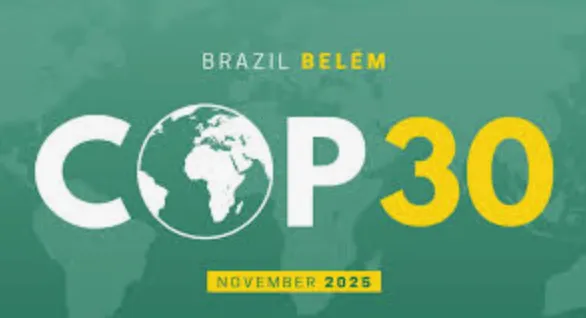
Strategic sourcing is transforming from a procurement process into a central pillar of climate strategy. The emphasis has shifted from transactional decisions to systemic impact—where every sourcing activity becomes an opportunity to achieve net-zero progress.
At COP30, governments and businesses alike will call for frameworks that align corporate sourcing practices with national climate goals. This includes science-based target alignment, decarbonization roadmaps through 2035, and stricter disclosure rules under new sustainability reporting standards.
Strategic sourcing teams must therefore evaluate suppliers not only based on capability and cost but also on emissions data transparency, renewable energy adoption, and innovation in low-carbon materials. Investments in traceability platforms, digital reporting tools, and supplier agreements are essential to transforming ambition into measurable outcomes.
COP30 2025 Asian Sourcing: Challenges and Competitive Opportunities
Asian sourcing continues to anchor the global manufacturing base. However, the region’s prominence brings both responsibility and opportunity as climate policies tighten. COP30’s emphasis on “just transitions” and clean technology incentives will accelerate investment into renewable manufacturing, electric mobility, and next-generation materials across Asia.
For businesses relying heavily on Asian sourcing, this evolving landscape requires proactive adaptation. Governments in India, Vietnam, China, and Indonesia are advancing new carbon and sustainability frameworks that will directly shape supplier operations. Forward-looking companies are already developing dual sourcing and regional diversification strategies to strengthen climate resilience and market agility.
The opportunity is clear: Asian sourcing that embraces green innovation can position itself as a preferred partner for global value chains seeking lower-carbon production and compliance with stricter emission disclosure rules.

ET2C International Global Sourcing Experts
ET2C are a British owned global sourcing company with over 25 experience working with our clients to make their sourcing simpler. Our 200 colleagues are based on the ground in key sourcing markets (China, Vietnam, India and Turkey) to enable rapid and effective execution of strategic sourcing plans. Our team act as your bridge to your Asian sourcing partners, enabling the transformation of transactional suppliers into strategic suppliers . Managing quality & Compliance and ESG commitment delivery. To learn more about how we can help transform the effectiveness of your supplier network speak to one of our expert team. contact@et2cint.com
Transparency, Forests, and Natural Climate Solutions
Forests and biodiversity are at the heart of COP30’s mission, particularly given Brazil’s stewardship of the Amazon rainforest. The conference is expected to unveil a five-year Forest Action Plan aimed at ending deforestation by 2030. For global sourcing and strategic sourcing leaders, this development has direct implications.
Supply chains dealing in forest-linked commodities such as beef, soy, and timber will face increasing pressure to guarantee traceability and verify origin. Businesses unable to ensure deforestation-free sourcing will face reputational, regulatory, and marketplace risks as new consumer disclosure laws take effect in the EU and beyond.
This era of transparency demands digital solutions—blockchain traceability, AI-driven supply chain audits, and supplier scorecards—that provide visibility down to the raw material level.
Financing the Supply Chain Transition
A major pillar of COP30 is climate finance. The discussion will center on mobilising new funds for adaptation, mitigation, and loss and damage, particularly in developing economies. For the private sector, this signals a growing emphasis on the polluter-pays principle and a broader accountability framework extending to outsourced production and logistics.
Strategic sourcing professionals will need to work closely with finance teams to access climate-linked capital, design supplier sustainability incentive programs, and align investments with verified emissions reductions. Access to green finance may increasingly depend on a company’s ability to demonstrate measurable decarbonisation progress across its sourcing networks.
Global Sourcing Resilience and Adaptation: A Core Business Competence
Climate resilience is now fundamental to business continuity. The operational risks from extreme weather events—flooding, droughts, and heat stress—require sourcing leaders to integrate risk analysis and scenario planning into their strategies. Adaptive investments in sustainable infrastructure, renewable supply options, and regional sourcing diversification can reduce downtime and protect revenue.
COP30 will likely reinforce this theme, encouraging companies to embed climate adaptation within supply chain governance frameworks. The path ahead blends compliance with competitiveness: those who strengthen environmental and social governance today will thrive in tomorrow’s transformed trade environment.
Building Collective Momentum: The Mutirão Mindset
Brazil’s concept of “mutirão”—a collective effort grounded in cooperation—captures the spirit needed to operationalise climate goals across global supply chains. Achieving net-zero progress will require systemic coordination among sourcing leaders, suppliers, regulators, and financial institutions.
For global sourcing and strategic sourcing professionals, this is more than an environmental mandate—it is a business transformation opportunity. A new wave of partnerships is forming across jurisdictions, combining local expertise with global innovation to create climate-positive sourcing models that drive both impact and profitability.
COP30 is not the end of a conversation; it is the beginning of concerted action. How companies respond will define their competitive legitimacy in an increasingly climate-conscious economy.
To start a deeper discussion about delivering the decisive role of global sourcing and procurement in your organisation, drop us a line contact@et2cint.com
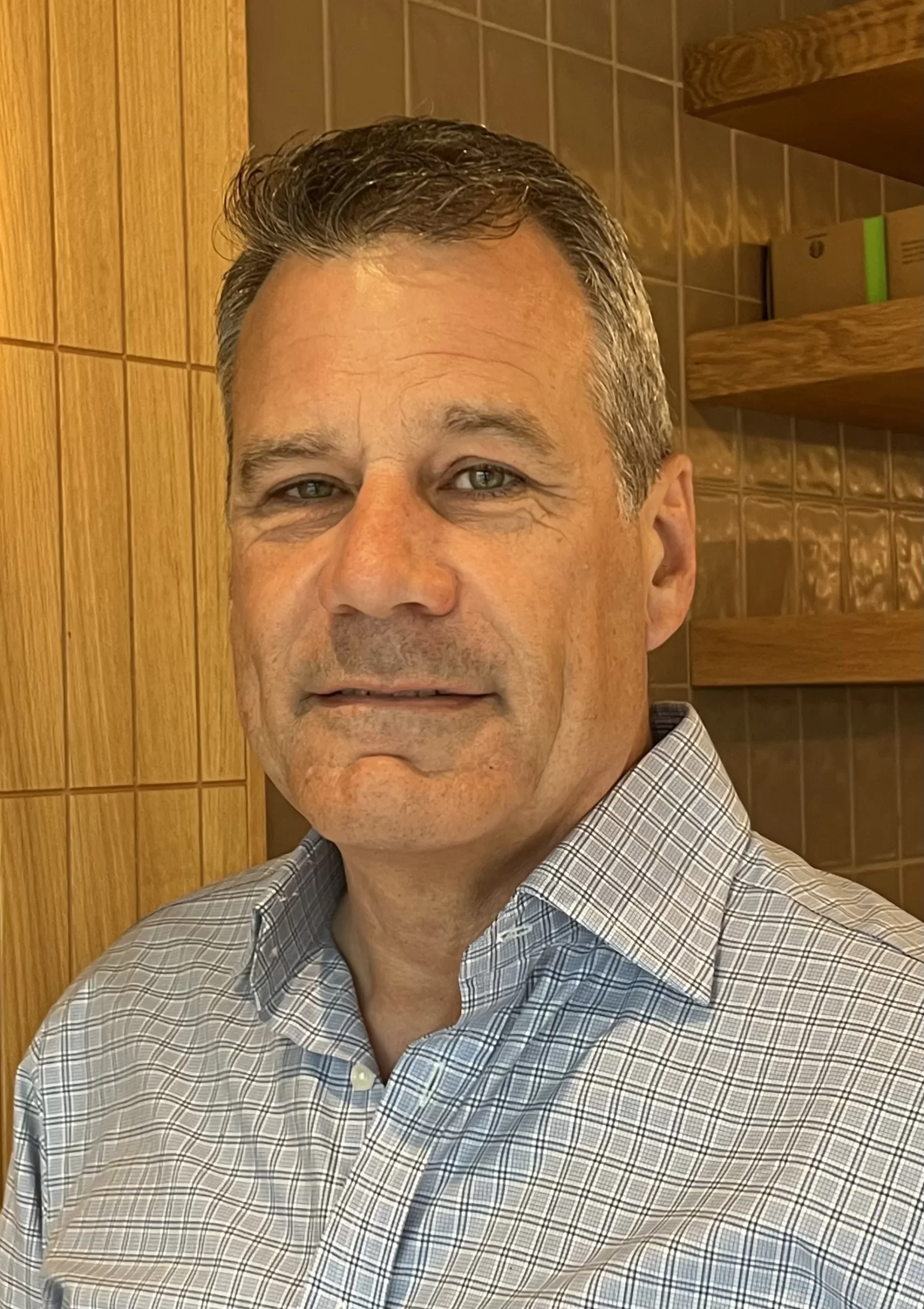
David Young
Position: Group Marketing Director
David W. Young is a recognised thought leader in global sourcing and procurement, sharing expert insights on navigating inflation, managing overheads, and building resilient supply chains. He champions strategic solutions for maximising business value in a volatile world. LinkedIn or david.y@et2c.com.LinkedIn or david.y@et2c.com.

